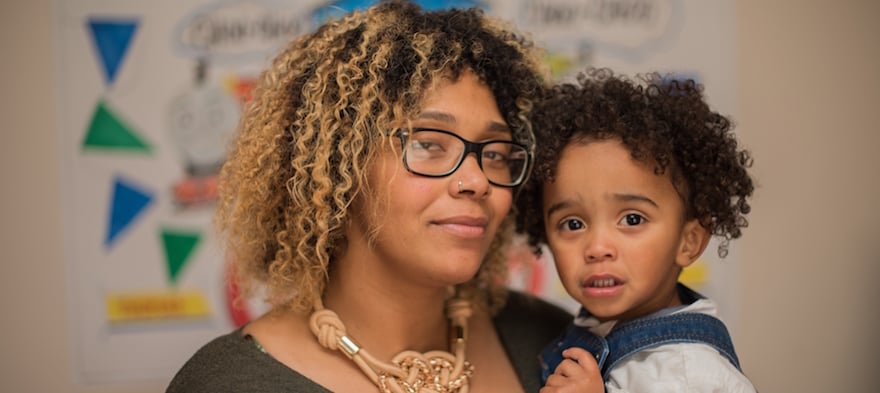
Mar 1, 2019 12:00:00 AM
When I was in school, I was starved for information about who I really am. I ached to hear stories about people who look like me, or see the names of Black scholars in math or science, or even to talk about Africa, without talking about poverty and slavery. Today, too many Black schoolchildren are having the same experience. Too often, students’ first exposure to Black History occurs through the study of slavery.
Too often, Africans are portrayed in schools as savage, barbaric people.
Those who came to the Americas were “lucky” because they were saved from savage, unstable, poverty-stricken Africa. But the reality is, thousands of years of Black history existed before contact with Europe.
Too often, teachers don’t know enough about the history of African civilizations to teach their students adequately. Black scholars like W.E.B Du Bois and Carter G. Woodson realized the only way to liberate Black Americans from shame about our origins would be to educate ourselves about who we truly are. Teaching the history of African civilizations increases everyone’s accurate understanding of world history. In doing so, Black people’s rightful place as equal actors in history becomes visible. Carter G. Woodson intended Black History Week, which later became Black History Month, to teach the history of Black people in our totality, not just in America. But it has taken incredible amounts of work by pan-African scholars to change entrenched Euro-centric mindsets. For much of the 20th century, scholars debated what should have been obvious, that ancient Egypt was an African civilization.
Yet even today, Hollywood movies continue to depict the Egyptians as European and/or non-Black. The new wave of pan-African scholars are using genetics, archeology and other scientific advances, to present more accurate picture of Africa.
With these tools, I am proud to say I can trace the totality of my family’s Black history story and timeline in both Africa and the Americas.
We can trace our African history through the empires of Nubia, Ghana, and Mali. We know our ancestors were rice farmers. We know our enslaved ancestors first arrived in Virginia and later traveled to Arkansas. We are Mende people (who are part of the larger Mandiko/Niger-Congo ethnicity) who came to the Americas in the late 1600s. You can read more on this history and my family’s story here. My children know their ethnicity. They know their history is as long, rich, and deep, as the Western history they are forced to learn in schools.
I am now developing a course and curriculum to pass this gift on to as many Black schoolchildren as possible. My goal is to fulfill Carter G. Woodson’s dream for Black HIstory Month, for Black students to know who they are, where they come from, and the beauty, power and complexity of African civilizations.
ShaRhonda Knott-Dawson is the mother of two free-spirited, strong-willed girls and has a husband who should be appointed a saint for co-existing in the madness that is their life. She writes on politics, education, current events and social justice. She is also a taco enthusiast, a proud member of the Bey-hive, and truly believes that she will be receiving her letter from Hogwarts any day now.
The story you tell yourself about your own math ability tends to become true. This isn’t some Oprah aphorism about attracting what you want from the universe. Well, I guess it kind of is, but...
If you have a child with disabilities, you’re not alone: According to the latest data, over 7 million American schoolchildren — 14% of all students ages 3-21 — are classified as eligible for special...
The fight for educational equity has never been just about schools. The real North Star for this work is providing opportunities for each child to thrive into adulthood. This means that our advocacy...
Your donations support the voices who challenge decision makers to provide the learning opportunities all children need to thrive.
Ed Post is the flagship website platform of brightbeam, a 501(c3) network of education activists and influencers demanding a better education and a brighter future for every child.
© 2020–2024 brightbeam. All rights reserved.
Leave a Comment